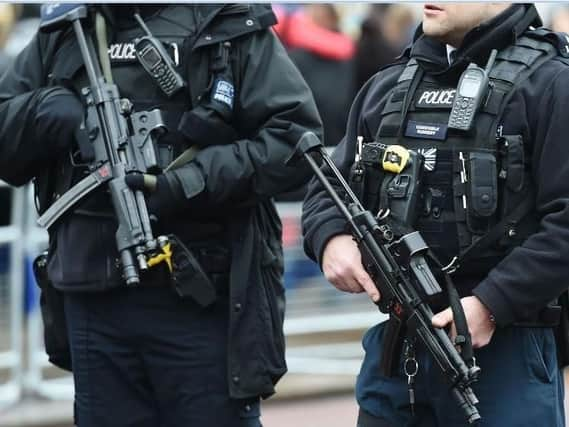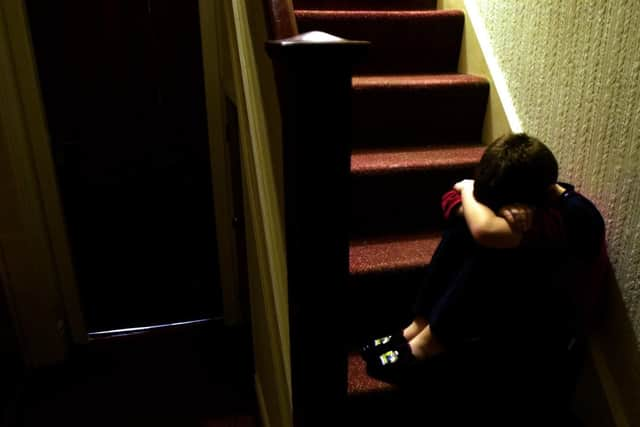Yorkshire boy, 13, said he wanted to go fight for ISIS as terror experts visit Leeds for national conference


The boy, named Ali had also watched violent videos online after suffering racist bullying at his school.
Counter Terrorism Chief Neil Basu revealed Ali's story as he spoke of the importance of stopping young people from becoming Terrorists with the Prevent programme.
Advertisement
Hide AdAdvertisement
Hide AdThrough the Prevent programme, support was put in place, not just for Ali, but for his whole family including individual help for his mother.


Ali and his family received education from an Imam countering Daesh ideology, Pakistani extremist groups and false Islamic practice.
His mother completed a course on internet radicalisation and e-safety to help her keep her children safe online.
Ali's self esteem and confidence grew and as a result, he renounced his extremist views.
Advertisement
Hide AdAdvertisement
Hide AdHe has also become an active member of the local Young Leaders group and his mother is a community volunteer.
Mr Basu said: "The real way to prevent terrorism is to get it right at the start of the radicalisation cycle.
"Prevent is designed to break the cycle of extremist violence by empowering communities and individuals – to make them resilient to radicalisers and able to spot the vulnerable that radicalisers target and manipulate. Its community, not police or government, led.
"It is not about the law – it is about stopping people becoming involved with the law."
Advertisement
Hide AdAdvertisement
Hide AdMr Basu also explained the importance of the "whole of society" helping to spot danger and intervene earlier.
Meanwhile, national experts in Counter Terrorism will take part in a special event at Leeds Beckett University today which will explore areas including the radicalisation of young people, education and school strategies, as well as freedom of expression and hate crimes.
Among those presenting at the conference is Detective Superintendent Matthew Davison, a former Police Commander who now coordinates the North East’s Prevent - part of the UK's counter-terrorism strategy.
The event has been organised by Dr David Lowe, a senior research fellow at Leeds Beckett’s Leeds Law School. A former police detective who also works with the Home Office, his research focuses on terrorism and security, and policing and criminal law.
Advertisement
Hide AdAdvertisement
Hide AdDr Lowe said: “Prevent is aimed at aimed at helping those vulnerable to being drawn towards terrorism. However, it’s also been the subject of much criticism and suspicion.
“The criticisms have ranged from the strategy being targeted at UK Muslims - making them a suspect community - to the strategy being another layer of state surveillance.
“This latter claim seems to be reinforced by the statutory responsibility on workers in the criminal justice system, education, government and health to report those they perceive as vulnerable to being drawn towards terrorism.
“Our Leeds Law School symposium brings together practitioners involved in the UK’s Prevent strategy and academics who research this area.
Advertisement
Hide AdAdvertisement
Hide Ad“We will consider the apparent disparity between practice and academic research to provide a wider and more meaningful understanding of the strategy from which a foundation is created where academia and practice work closer together in achieving the aims of Prevent. “